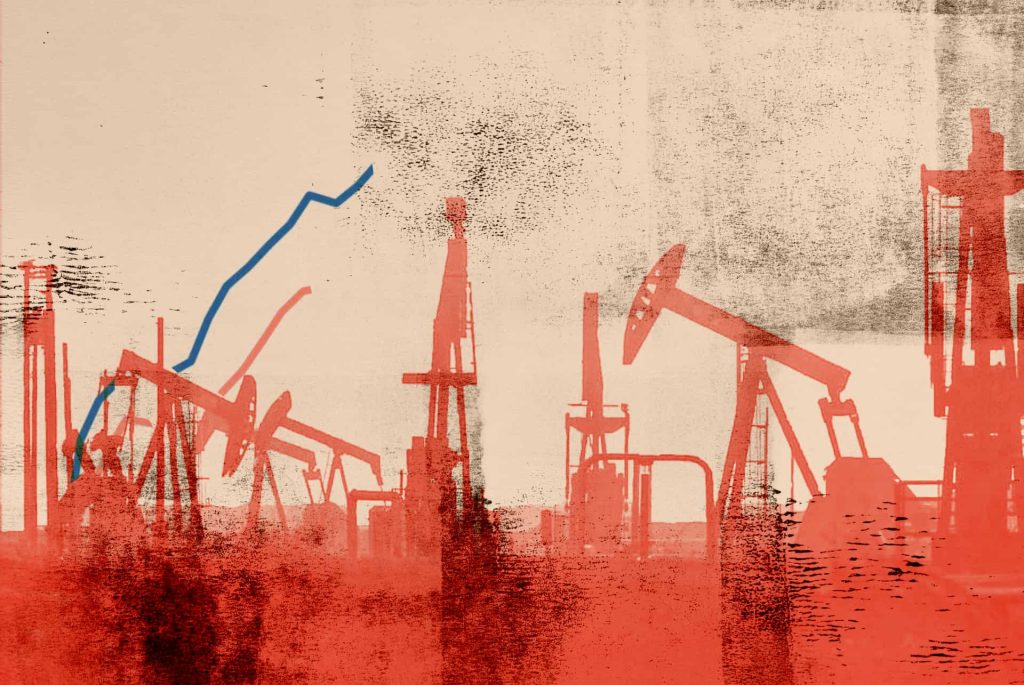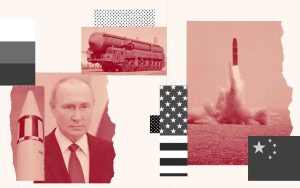The oil industry’s unyielding pursuit of profits at the expense of the environment and ethical standards poses a significant threat to the future of humanity. Are we on the escalator heading towards self-destruction?
Beneath the surface of our greedy economy lies a lurking danger, driven by the relentless greed of giant oil companies. Like the ominous entrance to Dante’s Inferno, their self-serving position and inaction threaten to unleash chaos and destruction. However, before shedding light on hidden environmental and ethical transgressions across scattered timelines, let’s talk about the lethal nature of the oil giants’ self-serving stance and their culpability for inaction.
Barring the gates
All art aficionados would be familiar with Rodin’s The Thinker, or representations of it, some may have even been lucky enough to see the pensive figure in his intended setting sitting atop of The Gates of Hell. Whatever was he thinking? My guess is that he was contemplating what Sartre put into words decades later: “L’enfer, c’est les autres” (Hell is other people).
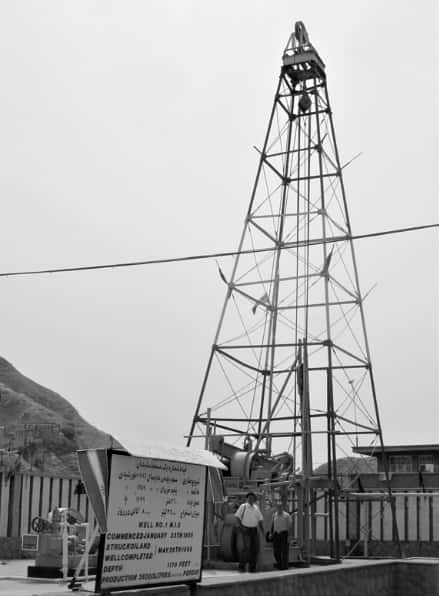
1909: The Anglo-Persian Oil Company (APOC) is founded following the discovery of Masjed Soleiman, oil field in Persia (Iran). The company is British owned and in 1911, The British government purchases 51% of the company.
Some of the characters adorning the portal to Hell are taken form Dante’s Inferno, others may seem random, including a lone figure who may represent Rodin himself; nevertheless, all seem to be victims of man’s cruelty, as well as God’s. For instance, we can admire the lovers Paolo and Francesca whose amorous bliss was cut short by murder at the hands of Francesca’s jealous and vindictive husband, Giovanni Malatesta; or the treacherous Count Ugolino, who was sentenced to starve to death by the archbishop Ruggieri degli Ubaldini together with his innocent children, who are also aptly, depicted in this hellish scene.
The term “aptly” describes the observation that we are witnessing a gratuitous Hell created by humans for their fellow creatures. This Hell is primarily created by men, hence the use of the term “man” to include both sexes. The focus of this article, however, is on the responsibility of all genders. Regardless of whether we constructed the gates or not, it is our obligation to open them if possible. Failing to do so is not only treason, but can also amount to murder in some cases.
Our metaphor in this story is brought to life by an incident that happened in an immigration detention centre in Mexico on March 27. A fire, possibly started by some detainees after having received the news of their imminent deportation, began to engulf the establishment. The internees were trapped behind bars. Video footage shows security officers casually evacuating the building, leaving the desperate asylum seekers to perish in the conflagration. The guards did not make the slightest attempt to unlock the gates to let the trapped people out. At least 40 were killed as a result. Sadly, many of us have been programmed to leave the gates shut. The oil industry, as we will see, is no exception.
Colonial Shadows
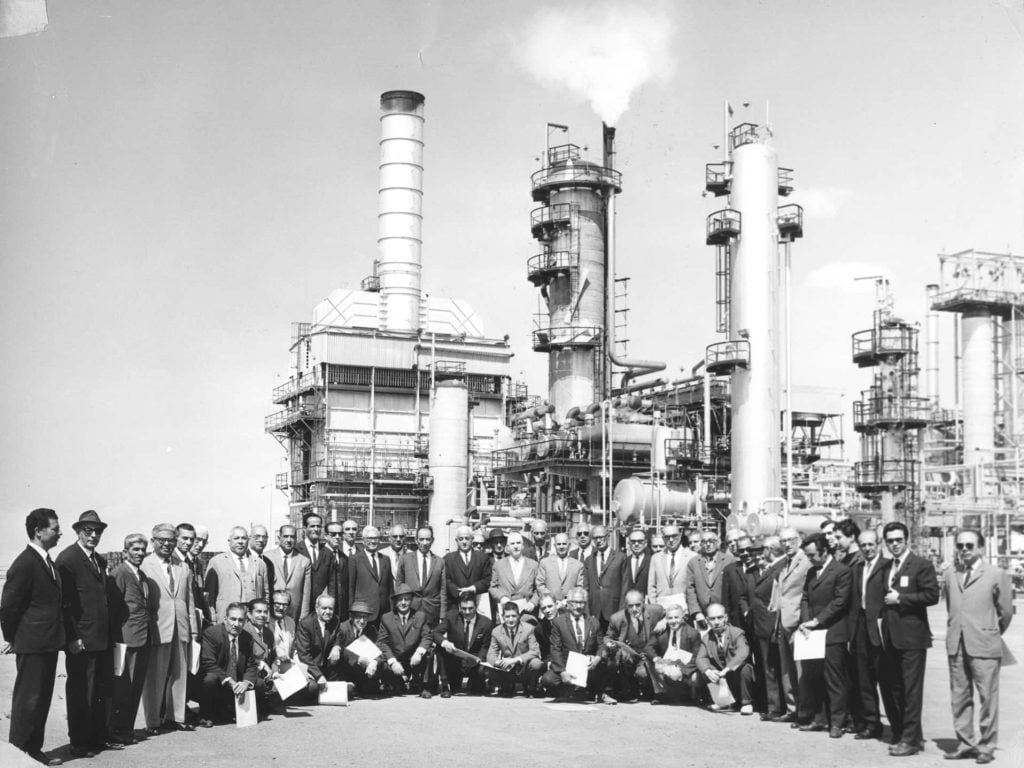
1909: The Anglo-Persian Oil Company (APOC) is founded following the discovery of Masjed Soleiman, oil field in Persia (Iran). The company is British owned and in 1911, The British government purchases 51% of the company.
The historical roots of the oil and gas industry intertwine with the legacy of colonialism, casting a significant shadow over the current implications of fossil fuel extraction. During the late 19th and early 20th centuries, the hunger for power and wealth led the British Empire to aggressively pursue control over oil-rich regions, notably in Iran and Iraq. This colonial past, embodied by the formation of the Anglo-Iranian Oil Company (later known as BP), underscores the domination of colonial powers over the industry. Similar exploitation of oil resources occurred due to European and American interests in Venezuela and Nigeria.
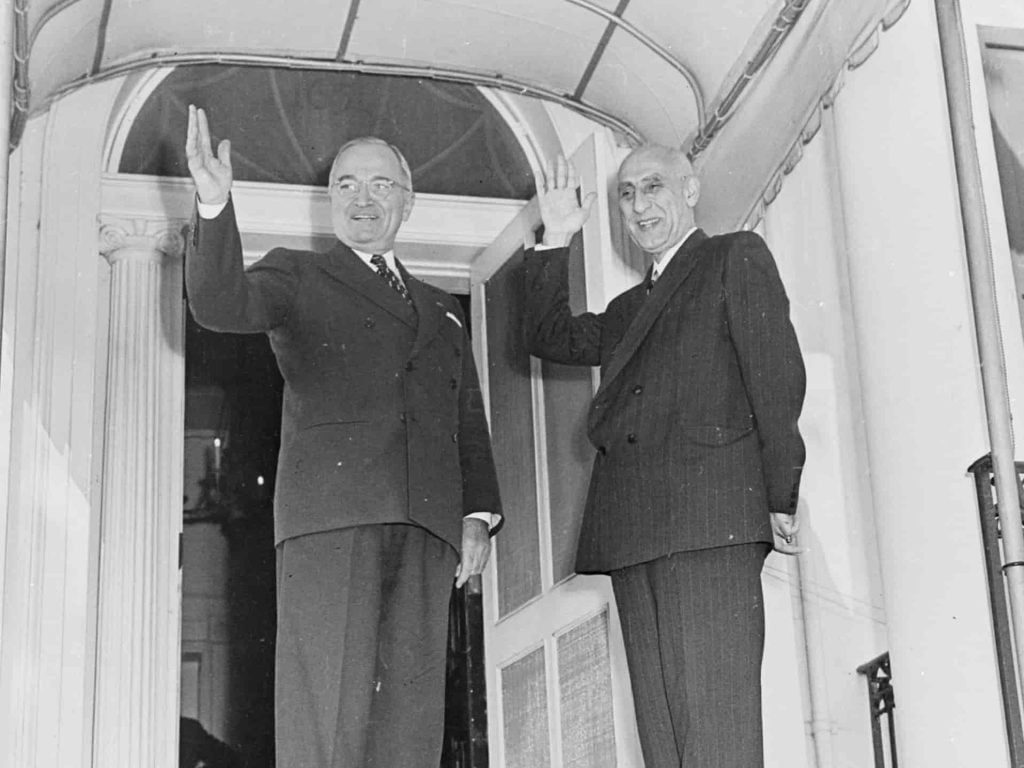
In 1951, Iran’s resentment over the distribution of oil profits leads to the assassination of Prime Minister Haj Ali Razmara, and the Iranian parliament votes to nationalise the Anglo-Iranian Oil Company. In 1953, with the help of the UK’s SIS (MI6), the CIA topples Iranian Prime Minister Mohammad Mosaddegh under ‘Operation Ajax’ following pressure and scaremongering from Britain, citing communist threats as a justification.
The exploration and extraction of oil by colonial powers often resulted in environmental degradation and social injustices inflicted upon local populations. Today, the destabilizing effects of this colonial manipulation persist, particularly in oil-rich nations in the Middle East, Africa, and South America. These regions continue to grapple with the enduring environmental devastation, socio-economic disparities, and geopolitical tensions. Thus, the oil and gas industry’s impact extends beyond its colonial legacy, shaping the contemporary global landscape.
Defying the odds
Just like any other commodity, oil prices depend chiefly on supply and demand. If there is a shortage of supply, prices tend to go up as demand exceeds supply; while conversely, if there is an oversupply, prices generally go down. Oil, however, does not have an expiry date like a tomato, nor is it subject to wear and tear, fashion or technological redundancy. This peculiarity, which it shares with only a few other commodities, added to the fact that so many countries and businesses are dependent on it, offers the industry a privileged position that allows it to manipulate the market.
Of course, this is not to imply that oil is not immune to the kind of negative forces that affect all businesses, such as unsympathetic government policies, adverse geopolitical events, natural disasters and economic downturns. Equally, it is not exempt from the need of shrewd management policies, which could include diversification, exploration and innovation. Nevertheless, despite being in the real world, the industry can still play God on the global market, and it does.
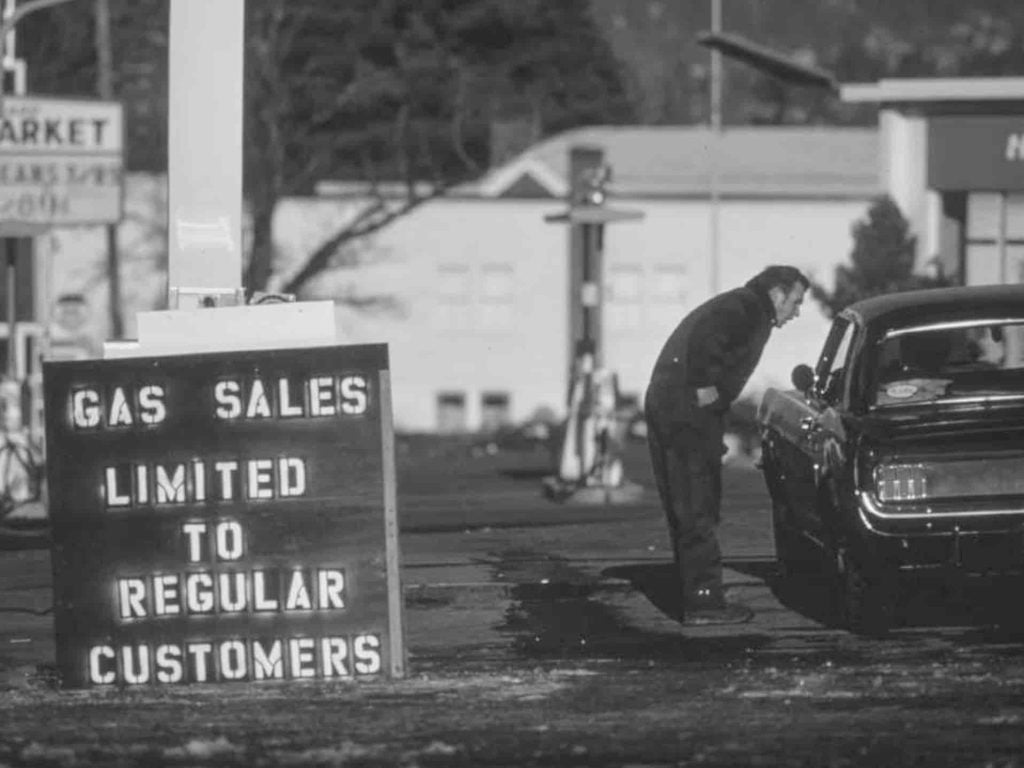
The 1973 Oil Crisis erupted when OAPEC initiated an oil embargo against Western nations, including the US, due to their support for Israel in the Yom Kippur War. By 1974, Saudi Arabia further escalated tensions by fully nationalizing Aramco, the world’s largest oil company, seizing the remaining 40% stake. This marked a significant shift in global oil dynamics, diminishing the Seven Sisters’ control over global petroleum reserves.
The year 2022 was calamitous on so many counts. COVID-19 was still rampant, straining the toughest of economies; there were record-breaking and extreme climatic events; and there was Russia’s brutal invasion of Ukraine, resulting in a widespread and unprecedented energy crisis. Despite this dire backdrop, oil companies did not sink; no, they drowned in money instead.
US President Joe Biden summed it up nicely in October, when the third quarter of earnings there were released. “Oil companies’ record profits today are not because they are doing something new or innovative. Their profits are a windfall of war – the windfall from the brutal conflict that is ravaging Ukraine and hurting tens of millions of people around the globe.” Indeed, immediately after the Russian invasion, the price of oil rose to over $100 a barrel and continued to rise until March when it peaked above $127 before it started to drop again. Since then, prices have been hovering around the $80-plus mark. Gas prices also spiked after the invasion.
Windfall and windfall taxes
Here are a few staggering figures published by some of the leading oil producers that highlight just how easy it is for these companies to profit from widespread adversity.
Apart from Saudi Aramco, whose profits were already extortionate, and Conoco-Phillips, the remaining companies listed above doubled their profits or more (hover over the stat above to see the exact figure). Meanwhile, millions of people across the globe are struggling to survive, with many, even in western countries, unable to pay their utility bills or heat their homes in freezing temperatures or fill up their tanks. The high price of oil also affects other products, with inflation hitting food staples hardest. For many, the situation is exacerbated by climate change which, of course, owes much of its edge to the fossil-fuel industries.
But do these producers care? Not a jot! They carry on as though their sole purpose in life was to add zeros to their already uselessly long balance figures. They are actually worse than the security guards in that Mexican holding centre because, at least, those guards did not start the fire in the first place. The fossil-fuel industry, on the other hand, is responsible for much of the conflagration that is engulfing our planet. It is slowly making the planet uninhabitable. It is polluting our waters, poisoning the air we breathe, destroying habitats and messing up the climate on whose delicate balance all life depends.
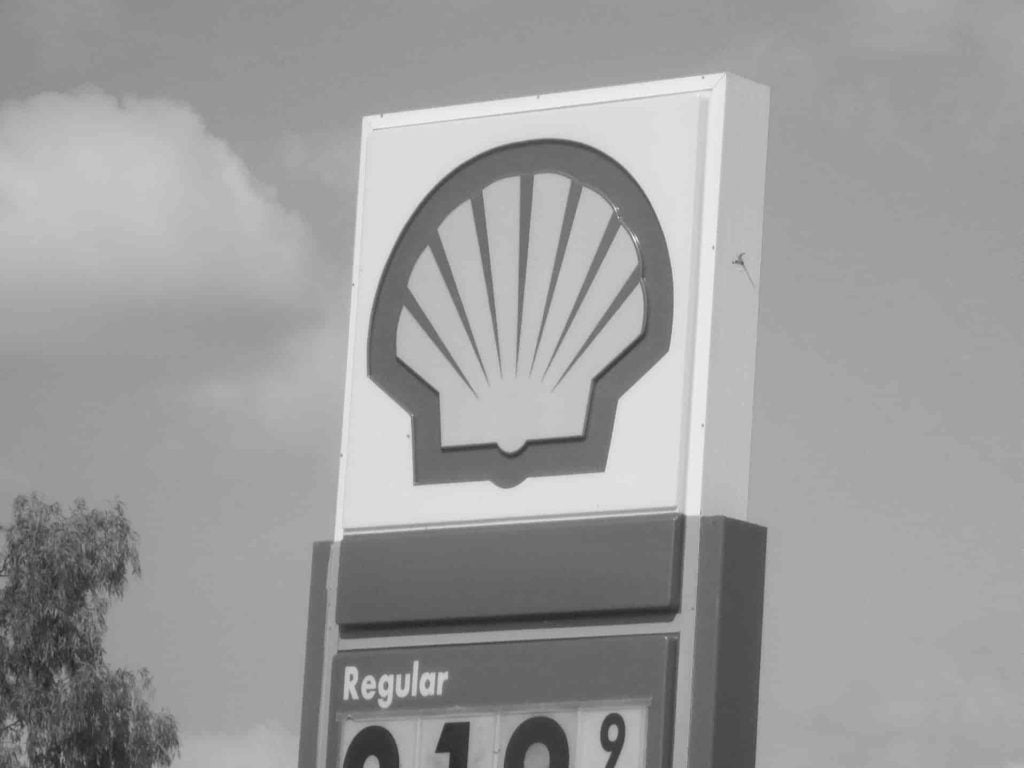
In the 1980s, oil giants like Exxon and Shell are internally predicting severe environmental impacts due to fossil fuel CO2 emissions. Exxon’s 1982 forecast projects CO2 levels reaching 560 parts per million by 2060. These alarming findings, now leaked, are being concealed from the public, with companies like Shell deflecting responsibility for climate change to governments and consumers.
Private producers did face some additional taxes: the so-called windfall tax. Nevertheless, even though much of the potential expense could be offset against the cost of new exploration and production, shutting down old oil rigs and losses from earlier years, the oil companies do not take any added contributions lying down. When, for instance, the EU passed emergency legislation in September 2022, for a windfall tax of 33% on fossil-fuel profits, ExxonMobil immediately filed a lawsuit, accusing the EU of illegally undermining investments.
Similarly, oil companies in the UK threatened to take their business elsewhere when the government there introduced a 25% windfall tax in May 2022, which it increased to 35% in November. This, although the tax only applies to profits generated in the UK, which often only relate to a tiny proportion of earnings. The oil giants also argue that they already pay heavy taxes and that they have to make sure they have enough funds for unforeseen eventualities such as Russia’s invasion of Ukraine. Indeed, some lost billions of dollars last year after writing off their Russian investments, such as BP which ended up writing off $24bn of its investments in the Russian oil company Rosneft.
The Era of the Super Major, an influential industry report, is published by Douglas Terreson of Morgan Stanley. It highlights the path to globalisation of privatised national oil companies and the rising stature of specialised multinationals. The report inspired a string of mergers: starting with BP and Amoco that same year.
These arguments, however, miss the point: windfall taxes do not target loss, or reasonable profit, only extortionate ones. Moreover, these companies often receive substantial government subsidies. According to the International Monetary Fund: “Globally, fossil fuel subsidies were $5.9 trillion or 6.8 percent of GDP in 2020 and are expected to increase to 7.4 percent of GDP in 2025.”
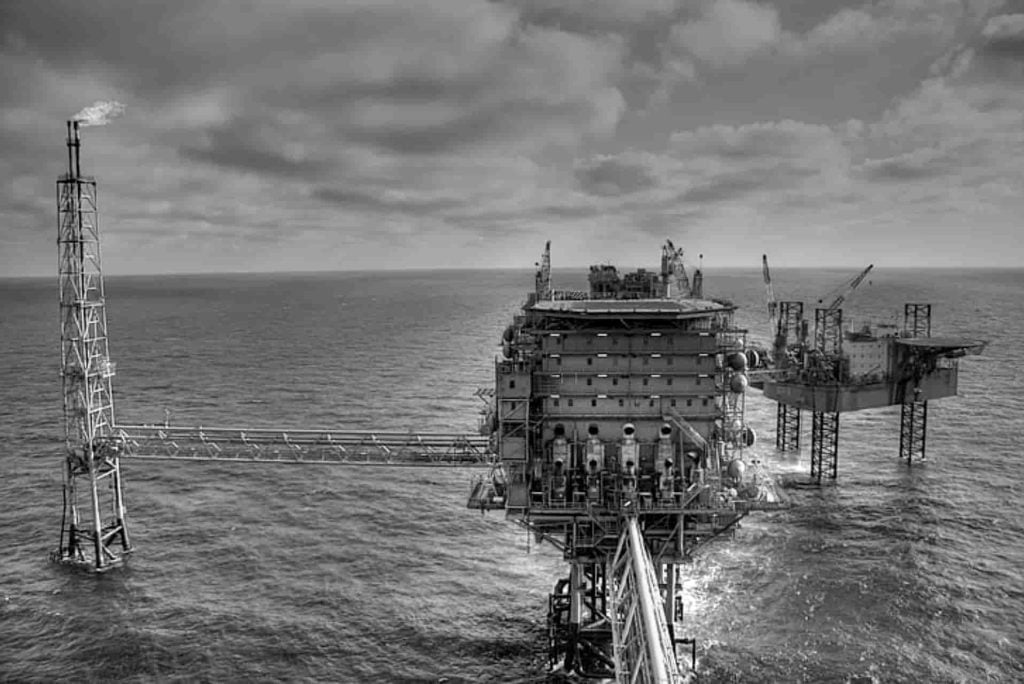
In 1998, the influential report “The Era of the Super Major” by Douglas Terreson highlighted the path to globalisation of privatised national oil companies and the rising stature of specialised multinationals. In the following years, the report inspired a wave of mergers in the gas and oil industry. These mergers fuelled wealth disparity, monopolistic practices and limited competition within the industry.
A slippery slope
The fossil-fuel industry is not only a problem because of its greedily guarded exorbitant profits. In fact, the greater danger lies elsewhere, namely the supply and demand dynamics of the industry itself. Despite all the talk of switching to renewable energy sources, the fact is that fossil-fuels are not going to be phased out in a hurry.

In 2022, the oil industry is rocked by a series of damning reports and investigations, including a US government report on the impact of Russia’s invasion of Ukraine on global oil supplies, a documentary exposing Big Oil’s attempts to undermine climate science, and a House of Representatives investigation into the industry’s disinformation campaigns on climate change. These revelations have far-reaching implications for the industry’s future and its role in global affairs.
According to the Intergovernmental Panel on Climate Change, the world must substantially reduce fossil fuel energy use by the end of this decade, but we are not even close to that. Dependency is part of the problem, while gigantic profits that disincentivise the industry’s desire to diversify, is the other. And there is a third: apathy from the billions of people who need to wake up and force the change. As it stands, we are on a slippery slope to self-destruction. This three-headed monster, like a rabid Cerberus, will ensure the gates of our hell remain firmly shut as we turn on each other, fighting for the little that is left. Yet, there is always hope and a way out of this self-imposed Hell.
Just as Dante and Virgil, guided by the light of reason, eventually emerged from the depths of Hell, we too can rise above this dark abyss. The key to unlocking the gates lies in our collective action. We must demand greater corporate responsibility, push for policies that prioritise the environment and the well-being of humanity over profits, and encourage a rapid transition to renewable energy.
Quelling the triad of dependency, profit, and indifference can only be achieved through a unified response. The initial stride towards this transformation is to elect representatives who are not protectors of this infernal status quo.



